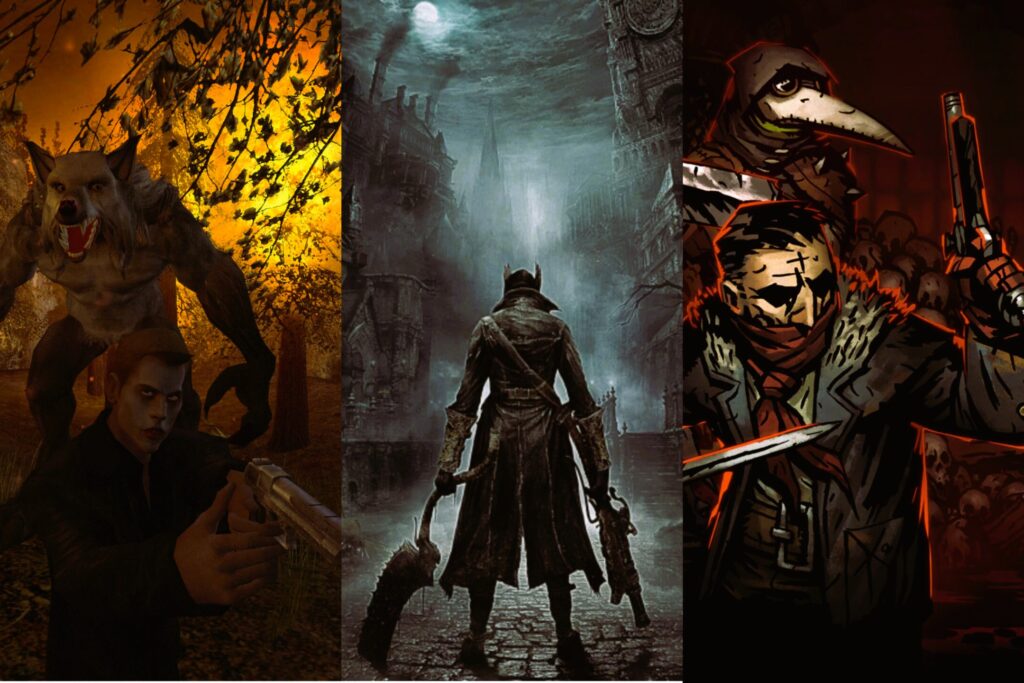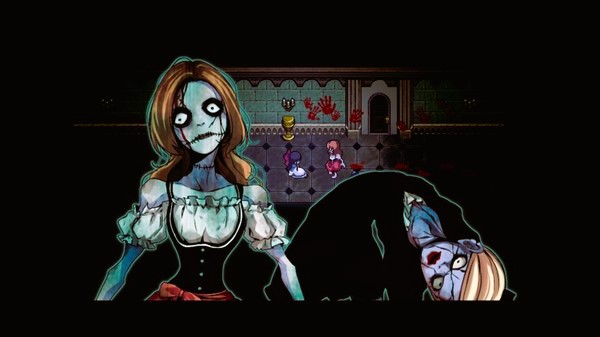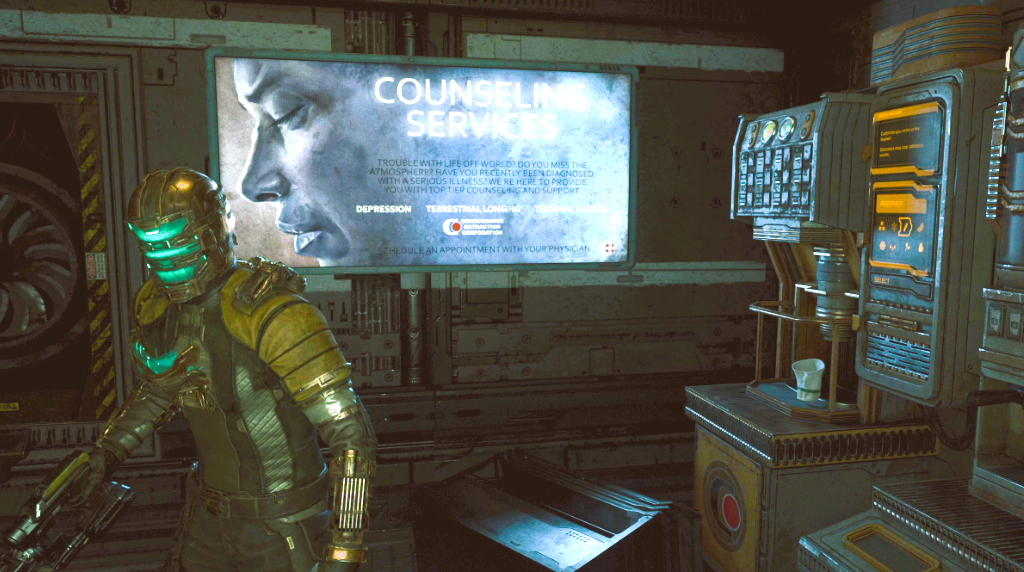Horror RPG Games: Creating an Atmosphere of Fear and Tension
Horror role-playing games (RPGs) represent a unique and compelling genre within the broader spectrum of tabletop and digital gaming. Unlike traditional RPGs focused on heroism and epic quests, horror RPGs immerse players in atmospheres steeped in fear, suspense, and supernatural terror. This article explores the evolution, key elements, and immersive qualities that define horror RPG games, both in tabletop and digital formats.
Origins and Influences
The roots of horror RPGs can be traced back to early tabletop gaming, where pioneers like Call of Cthulhu (1981) introduced players to Lovecraftian horror, cosmic dread, and existential threats beyond human comprehension. Developed by Sandy Petersen and published by Chaosium, Call of Cthulhu adapts the works of H.P. Lovecraft, emphasizing investigation, sanity mechanics, and the inevitability of confronting incomprehensible horrors.
Key Elements of Horror RPGs
- Atmosphere and Setting: Horror RPGs excel in creating atmospheric settings that evoke fear and tension. Whether set in haunted houses, isolated forests, or post-apocalyptic landscapes, these games utilize descriptive narratives, eerie soundtracks, and atmospheric artwork to immerse players in unsettling environments.
- Fear Mechanics: Unlike traditional RPGs focused on combat and character progression, horror RPGs emphasize fear mechanics that challenge players’ emotional resilience and decision-making under pressure. Mechanics such as sanity points, fear checks, and psychological trauma simulate the psychological toll of encountering supernatural entities and malevolent forces.
- Narrative Themes: Horror RPGs explore a wide range of narrative themes, including supernatural folklore, cosmic horror, psychological thrillers, and survival horror. These themes encourage players to confront existential threats, unravel mysteries, and navigate moral dilemmas that test their characters’ courage and morality.
Classic Horror RPGs

- Call of Cthulhu: Set in the 1920s and beyond, Call of Cthulhu plunges investigators into a world threatened by eldritch horrors and ancient deities. Players assume the roles of ordinary individuals—historians, academics, and detectives—drawn into a web of conspiracies, occult rituals, and encounters with otherworldly entities.
- World of Darkness: Created by White Wolf Publishing, the World of Darkness series includes games like Vampire: The Masquerade and Werewolf: The Apocalypse. Set in a contemporary Gothic-punk world, these RPGs explore themes of supernatural politics, personal horror, and the struggle for identity among vampires, werewolves, and other supernatural beings. Read about technological innovation in tabletop role-playing games at this link.
- Deadlands: Combining elements of horror, western, and steampunk genres, Deadlands presents an alternate history where the American Civil War never ended and supernatural forces plague the frontier. Players confront undead gunslingers, demonic cults, and bizarre scientific experiments in a setting infused with dark humor and supernatural menace.
Digital Evolution: Horror RPG Video Games
- Silent Hill: Known for its psychological horror and unsettling atmosphere, Silent Hill immerses players in the haunted town of Silent Hill, where reality warps and nightmarish creatures roam. The series emphasizes exploration, puzzle-solving, and psychological torment, offering multiple endings based on player choices and actions.
- Amnesia: The Dark Descent: Renowned for its immersive gameplay and emphasis on psychological horror, Amnesia: The Dark Descent challenges players to navigate a castle filled with supernatural entities while managing their character’s sanity and fear levels. The game’s minimalist interface and atmospheric sound design heighten suspense and immersion.
- Resident Evil Series: Combining survival horror with action-packed gameplay, the Resident Evil series has become a cornerstone of horror RPG video games. Players battle zombies, mutants, and bioengineered monstrosities while uncovering mysteries surrounding the Umbrella Corporation’s experiments and global conspiracies.
Creating Fear and Tension

Horror RPGs leverage storytelling techniques, game mechanics, and multimedia elements to evoke fear and tension:
- Suspenseful Narratives: Richly detailed narratives and immersive storytelling techniques build suspense and anticipation, keeping players engaged in unraveling mysteries and confronting unknown dangers.
- Environmental Design: Atmospheric artwork, sound effects, and environmental storytelling enhance immersion, creating a sense of foreboding and unease as players explore haunted locations and encounter supernatural phenomena.
- Player Agency and Consequences: Meaningful choices and consequences heighten tension, empowering players to shape the narrative direction and outcomes based on their actions, sacrifices, and moral decisions.
Future Trends and Innovations
As technology advances, horror RPGs continue to evolve with virtual reality (VR) experiences, interactive storytelling platforms, and adaptive AI that personalize gameplay experiences based on player actions and fears. These innovations promise to push the boundaries of horror gaming, offering new levels of immersion and psychological engagement.
Horror RPG games stand as a testament to the genre’s ability to evoke fear, suspense, and psychological tension through immersive storytelling, atmospheric design, and innovative gameplay mechanics. Whether experienced around a tabletop with friends or through a digital screen, these games challenge players to confront their deepest fears and unravel mysteries that lurk in the shadows of their imagination.
For further exploration of horror RPG games, visit Fandom for additional insights and resources.

